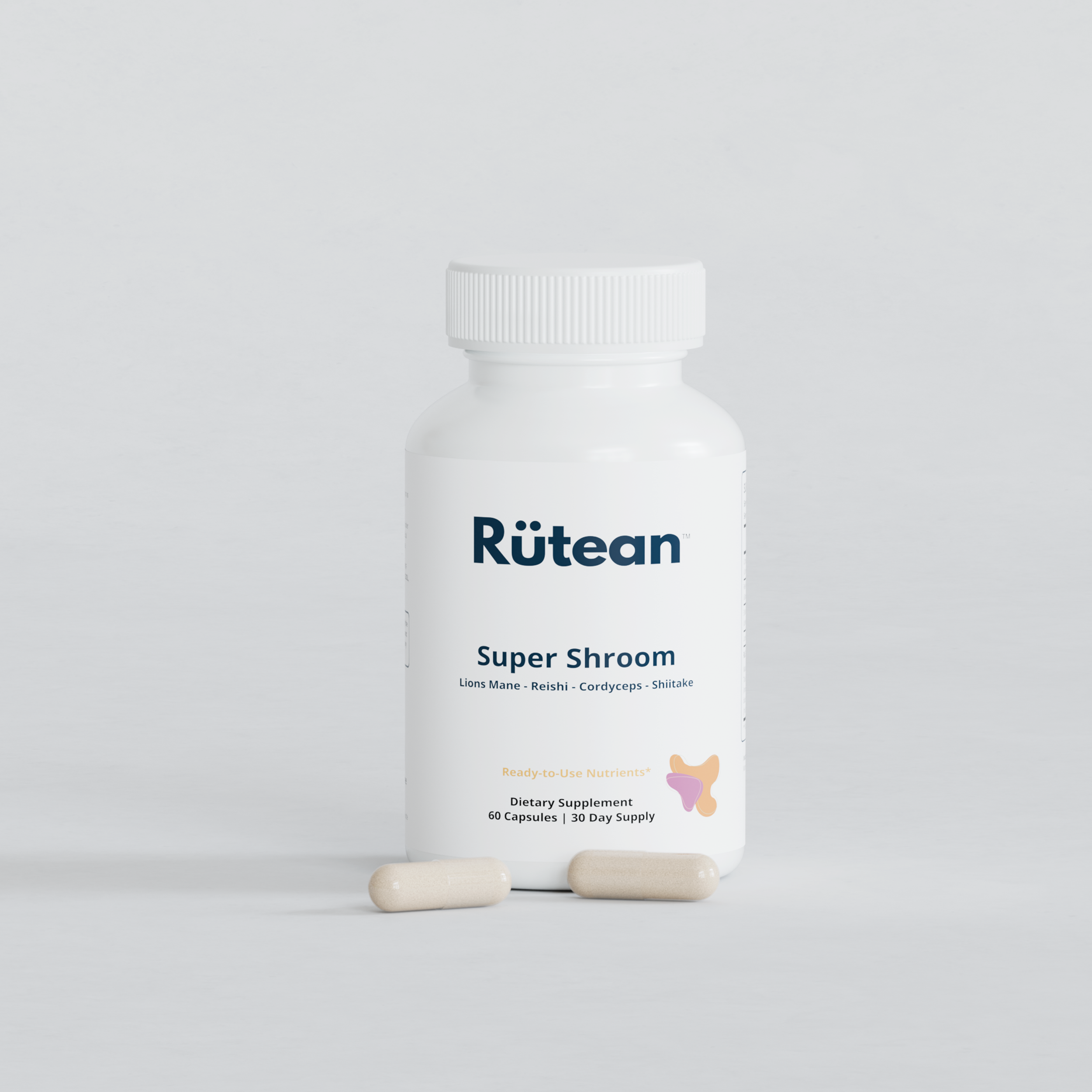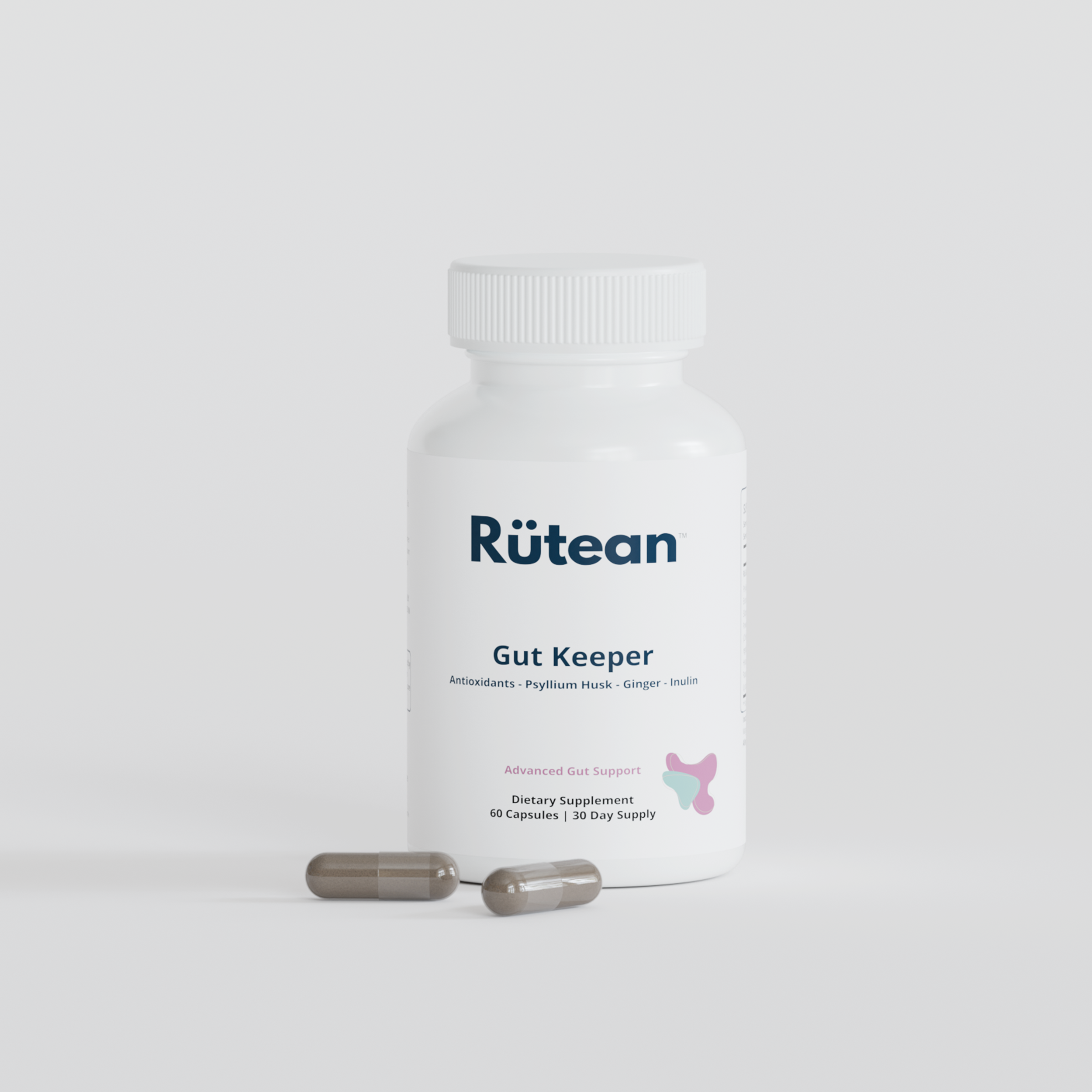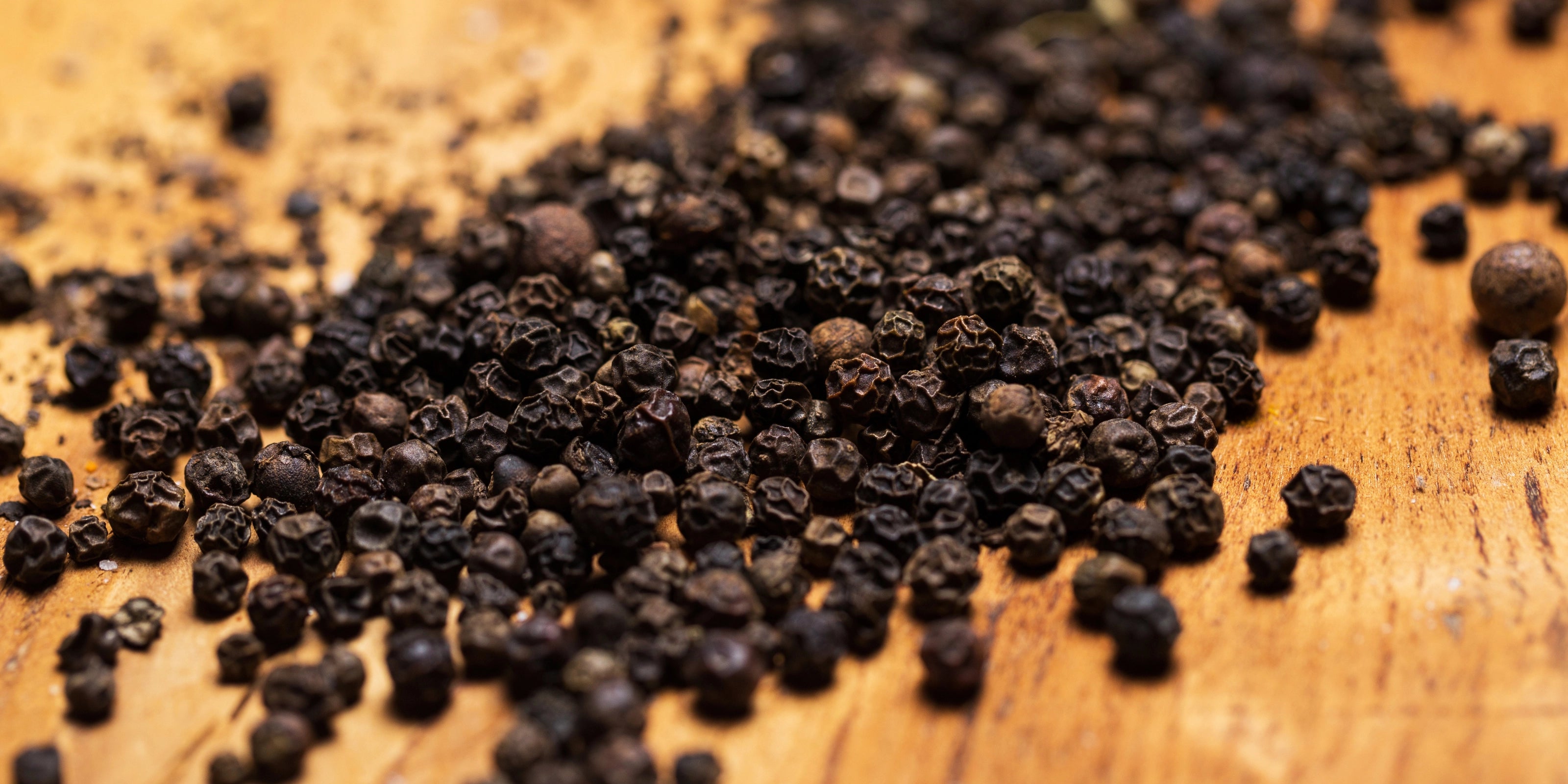Black pepper, derived from the Piper nigrum plant, is not just a staple in culinary traditions worldwide—it's also a potent medicinal spice revered since ancient times. Among its numerous phytochemicals, piperine stands out as the key bioactive compound that imbues black pepper with its distinctive sharp flavor and host of health benefits. One of the most intriguing roles of piperine is its ability to significantly enhance the bioavailability of nutrients and supplements.
Understanding Bioavailability
Bioavailability is a critical concept in nutrition and pharmacology, referring to the proportion of a substance that enters the circulation when introduced into the body and so is able to have an active effect. Many nutrients and supplements suffer from poor bioavailability due to the body’s complex regulatory mechanisms, which include metabolic breakdown in the liver and limited absorption in the gastrointestinal tract.
Piperine’s Mechanism of Action
Piperine helps to overcome these barriers. It operates primarily by inhibiting various metabolizing enzymes in the liver and intestines. This inhibition reduces the body's ability to break down certain supplements and drugs, thus prolonging their presence in the system and increasing their overall absorption. Furthermore, piperine seems to stimulate the amino-acid transporters in the intestinal lining, enhance the secretion of digestive enzymes, and reduce intestinal motility, which collectively improve the efficiency of nutrient absorption.
Clinical Insights into Piperine's Potential
The benefits of piperine are not merely theoretical. Numerous studies have demonstrated its effectiveness in enhancing the bioavailability of several key nutrients. For example, turmeric, whose active ingredient curcumin has powerful anti-inflammatory properties, shows significantly increased absorption when paired with piperine. Research indicates that combining piperine with turmeric can enhance curcumin absorption by up to 2000%.
Similarly, the use of piperine in magnesium supplements, such as in the form of magnesium glycinate, has shown promising results. Magnesium is essential for over 300 biochemical reactions in the body but is often poorly absorbed. When supplemented with BioPerine®—a patented black pepper extract—studies have noted an increase in bioavailability of magnesium by as much as 30%. This enhancement allows for more effective utilization of magnesium, potentially increasing its benefits on muscle function, sleep quality, and mood regulation.
Beyond Bioavailability: Other Health Benefits of Piperine
Apart from increasing nutrient absorption, piperine itself is packed with therapeutic properties. It exhibits antioxidant capabilities, fighting free radicals within the body and reducing oxidative stress. Preliminary research also suggests that piperine could offer neuroprotective effects, potentially aiding in the preservation of cognitive function and reducing the risk of neurodegenerative diseases.
Moreover, piperine has shown potential in managing weight. Some studies suggest it may help in reducing fat accumulation and boosting metabolism, although these effects are still under investigation and require more robust clinical data to confirm efficacy.
Practical Considerations and Safety
While the health benefits of incorporating piperine through dietary supplements are evident, it's important to approach its use judiciously. Piperine can interact with a variety of medications by affecting their metabolism and bioavailability, which can lead to enhanced effects or prolonged activity of drugs that could be harmful. Therefore, it is crucial to consult healthcare professionals before starting any new supplement regimen, particularly one involving bioavailability enhancers like piperine.
Conclusion
The integration of black pepper extract, specifically piperine, into dietary supplements represents a natural and effective strategy to enhance the bioavailability of nutrients, thus maximizing health benefits. With ongoing research and clinical studies, the potential of piperine continues to unfold, promising more effective ways to utilize essential nutrients and medicinal compounds. As with any supplement, the key to its effective and safe use lies in informed and supervised consumption.



